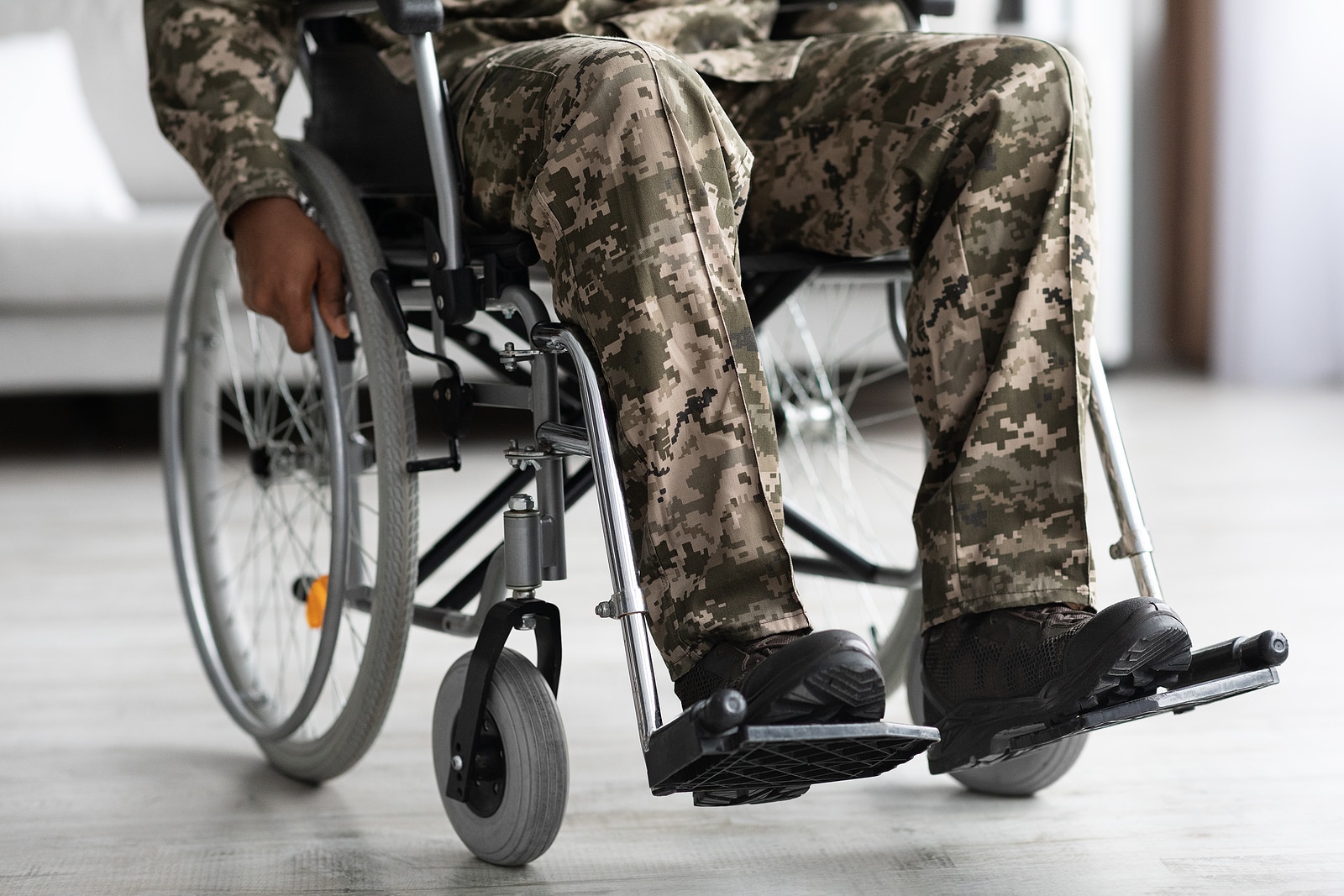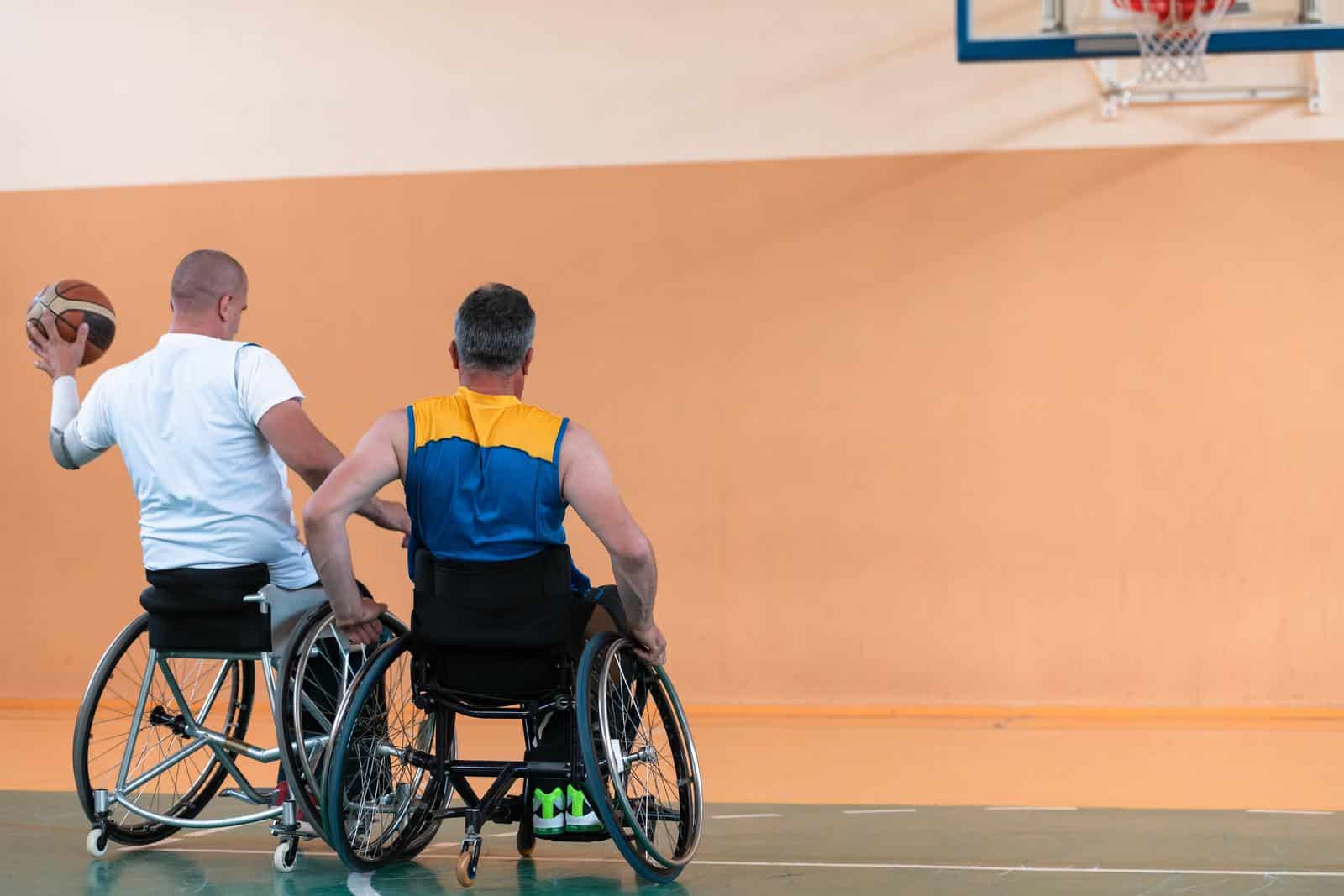Waiting to hear back from a VA appeal after your claim was denied can be excruciating. You may wonder how long the VA normally takes to respond to appeals.
While the answer can vary wildly depending on several factors about your case, the typical appeal process takes between six and eighteen months depending on what you mean by “appeal” after implementation of the Appeals (Not-So) Modernization Act, or AMA.
Most veterans have heard of a Formal Appeal, but some may not be as familiar with other post-AMA options like a Higher-Level Review or Supplemental Claim.
The Department of Veterans Affairs is notoriously slow about processing Formal Appeals, especially if you do not submit the right evidence causing a re-do. I am sure you’ve heard the stories. Veterans waiting 3-5 years for a Board of Veterans Appeals decision to come back. Once the decision is made, the Veteran Law Judge simply remands it back to the Regional Office for more development.
Eek. You want to avoid this as much as possible.
The internet is chalk full of examples of veterans caught in the VA appeal hamster wheel. These veterans wait years for the Veterans Law Judge to issue the appeal only to find it remanded again later for other development errors and possibly new expert opinions from the expert hired guns paid for by VA. Many appeals last years and some for more than a decade or longer.
Not Just Formal Appeals
Fortunately, there are other alternatives to a Formal Appeal whenever contesting an adverse decision that may speed up your chances, and hiring a veterans’ lawyer to develop your decision review request the right way can speed up the process by avoiding needless remands.
But be careful to select your lawyer.
We suggest using law firms led by a fellow disabled veteran who will not only do the job right but who also understand how these delays impact you.
Such lawyers not only possess the expertise to handle your case effectively but also have a deep, personal understanding of how delays and bureaucratic hurdles can affect you. Their unique perspective ensures that they are not just legal representatives, but empathetic allies committed to securing the best possible outcome for you.
That is part of why Benjamin Krause, a fellow disabled veteran turned attorney, created Krause Law. By hiring his legal team, you ensure that you have a strong ally in your corner regarding any legal needs regarding your VA claim.
Contact us today to see how we can help.
What Deadlines Are There For VA Claims?
When your VA claim is denied or the decision was not what you deserved, there are a few deadlines you should be aware of when it comes to appealing the denial.
For example, veterans must file their decision review request within one year from the date of the decision to preserve their right to a Formal Appeal or Higher-Level Review. A Supplemental Claim must also be filed within one year for the veteran to preserve their right to an earlier effective date. Otherwise, while VA will accept a tardy Supplemental Claim filed outside of one year, the veteran will likely lose the effective date from the date the claim was originally filed.
It is important to note that while the person appealing the denial must respond within the set time limit, the VA is not bound to respond within any deadlines. This can make the process painfully slow, but having a lawyer on your side will help reduce the stress of filing your responses efficiently and promptly.
While VA does not have steadfast deadlines for providing their decision, some policies require the agency to provide decisions on a Higher-Level Review or Supplemental Claim within 120-days of the veteran filing it.
AMA Decision Review Request Options
Upon filing a disability benefits claim, anticipate a waiting period of a few months before receiving a decision.
In the event of disagreement with the rating decision, three options are available for the VA to review your case, each with varying completion times. If the VA denies a claim through any of these methods, opting for another option within a year is possible without initiating an entirely new claim.
The three available appeal, or decision review request, options are:
Higher-Level Review
Veterans can challenge an adverse decision without new evidence. For these claims, the reviewing official will evaluate the matter anew based on the existing evidence. Here, the veteran can provide arguments to support the review but not new evidence.
Supplemental Claim
If new and relevant evidence is available, the veteran can request that the Veterans Benefits Administration reevaluate the claim based on the new evidence. This type of adjudication is usually performed by the same reviewer.
Formal Appeal to the Board of Veterans’ Appeals (BVA)
Opting for the BVA to rule on the original claim’s decision provides three routes:
Initiates a direct review by the BVA with the same evidence on the original claim. A Veterans Law Judge, without a hearing, decides the case based on the case file. This may be suitable when no new evidence is needed.
Allows the submission of new evidence within 90 days after submission of the appeal. The record is then closed after 90 days. A Veterans Law Judge reviews the newly submitted evidence alongside the initial case file, with no hearing. These may be ideal if the VA denied the claim due to insufficient proof, but additional evidence is available.
Opting for a BVA hearing, allowing evidence submission within 90 days after the scheduled hearing. This option may be suitable when the case involves novel legal questions or if in-person testimony is beneficial. Keep in mind that a limited number of judges may result in a prolonged appeal process of more than 3 years.
Given the various options for approaching an appeal, the decision made significantly impacts the likelihood of approval and the duration of the process. Seeking guidance from an attorney experienced in the VA appeals process is advisable, considering the complexity of the choices involved.
Does The Type Of VA Claim Matter When It Comes To The Timeline?
The VA processes thousands of claims annually, and according to recent US Census data, over a third of those are appeals. This gives an idea of the high rate of mistakes made when processing veterans’ claims! Because of the many appeals the agency faces, the process can seem quite slow. However, this depends on what kind of claim you are filing.
If your claim is simple, with just one or two injuries or disabilities that are easy to prove, your claim may be returned quickly. However, complex cases with multiple claims might take longer to process.
Can Hiring An Attorney Reduce The Wait Time For My Contested VA Claim?
When facing the VA appeal process, you could easily feel overwhelmed or frustrated by all the red tape and delays. One of the best decisions you can make is to reach out to a trusted lawyer for help.
While there are no guarantees that an attorney can speed up processing inside VA, a quality attorney can help cut through bureaucratic delays using litigation strategies unavailable when represented by a Veteran Service Officer.
At our law firm, we know how to quickly and efficiently fight appeals at the VA to help clients get results without getting their appeal hung up at the Board. We are also very thorough in getting all the documents the VA will need may help to reduce the odds of repeated remands.
Our veterans’ lawyer has gone through this process many times, including as a disabled veteran himself. He has received recognition for his legal skills and will be able to help you, so give us a call today at (612) 888-9567.




 Call Us Now
Call Us Now Email Us Now
Email Us Now


